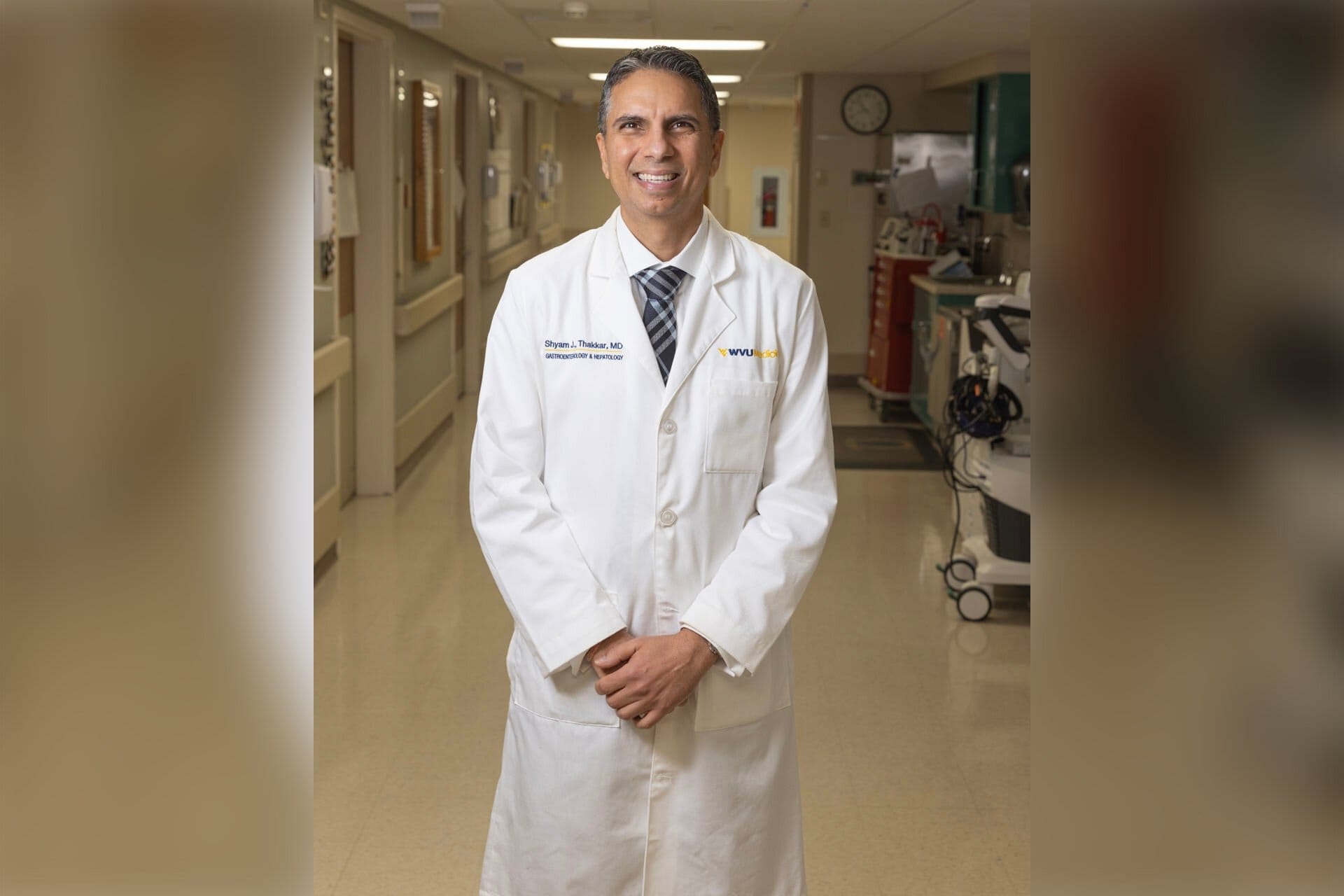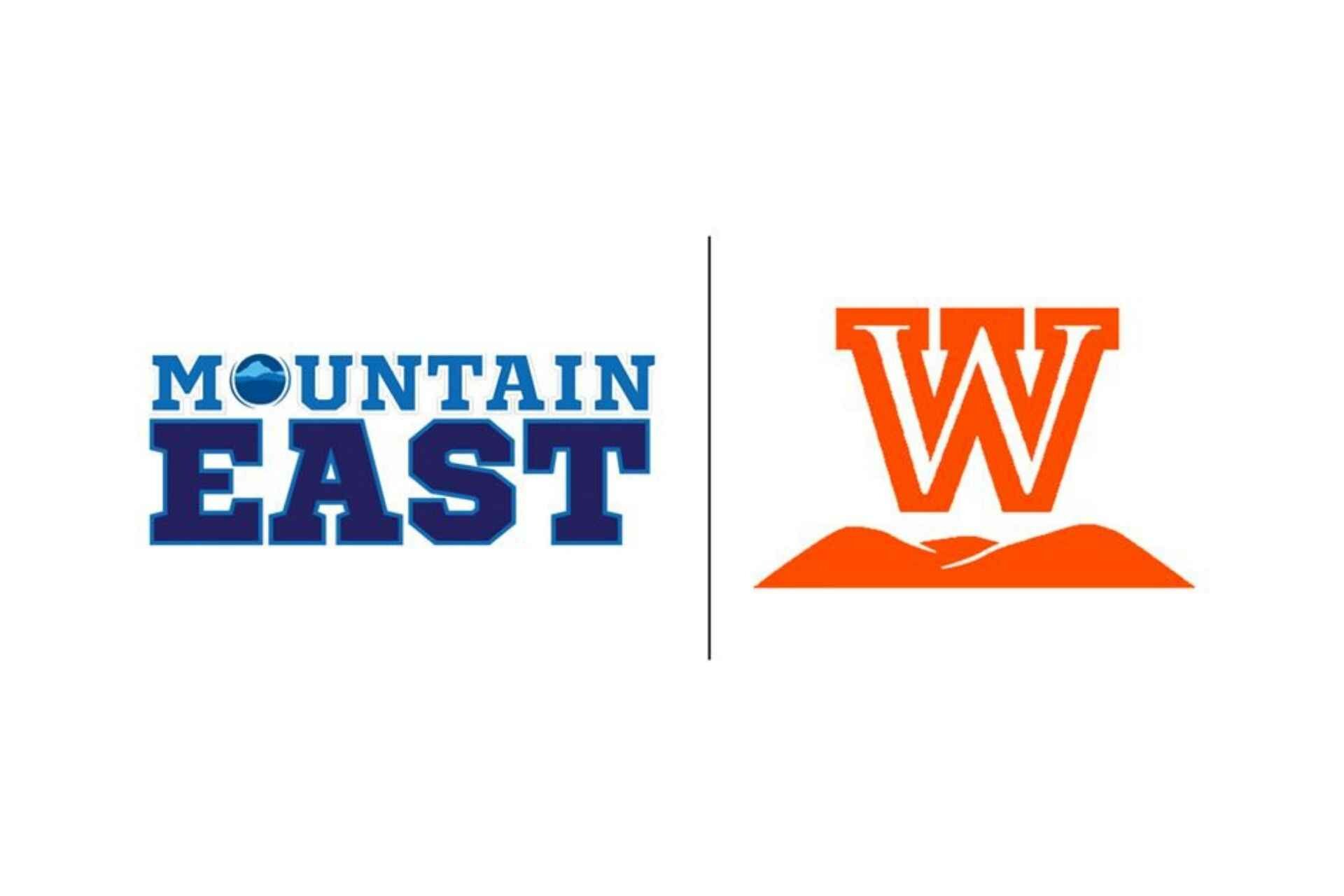Patients with esophageal tumors often experience malignant dysphagia, or difficulty in swallowing due to an obstruction, complicating their treatment and preventing them from eating normally. The Advanced Center for Therapeutic Endoscopy at WVU Medicine J.W. Ruby Memorial Hospital is the first in West Virginia to provide an innovative solution to this problem.
For a patient experiencing malignant dysphagia, it can feel as though food is stuck in their esophagus or chest area and can even lead to choking. This can result in lack of nutrition, complicating chemotherapy and radiation treatments and making recovery much more difficult.
Traditionally, treatment options were limited to the placement of a stent in the esophagus, allowing food to pass through without regurgitation. Shyam Thakkar, M.D., director of the WVU Medicine Advanced Center for Therapeutic Endoscopy, can address this issue using cryogenic spray therapy.
While the procedure has become more common in treating some other types of cancer, the use of cryogenic spray therapy for esophageal cancer is new. In fact, J.W. Ruby Memorial Hospital is one of only a handful of academic medical centers in the region now offering this service.
“WVU Medicine is at the forefront of care by offering cryogenic spray therapy to patients with esophageal cancer and malignant dysphagia,” Dr. Thakkar said. “I am confident that adding this procedure will have increased benefits and survival when combined with chemotherapy, radiation, and surgery. Our goal at WVU Medicine is to provide the highest quality of cancer care for our patients, close to home.”
The procedure uses liquid nitrogen to destroy esophageal tumors through a “freeze and thaw” process, or cryotherapy. This allows cancer cells to be destroyed while surrounding tissue remains intact. Cryotherapy reduces scarring, pain, and overall recovery time.
This coordinated, multidisciplinary approach to cancer care helps esophageal surgeons and medical and radiation oncologists improve outcomes for all patients. Cryogenic spray therapy has been a true “game changer” for many WVU Cancer Institute patients, including Scott Hupp, 57, of Mineral Wells.
“This procedure was a lifesaver,” Hupp said. “This procedure has benefits, beyond just palliative care. I may not even need as much radiation therapy as originally thought.”
To learn more about the WVU Medicine Advanced Center for Therapeutic Endoscopy, visit WVUMedicine.org/AdvancedEndo.
















